-9 F. morning low on Wednesday.
-1 F. high yesterday afternoon.
23 F. average high on January 7.
5 F. high on January 7, 2014.
January 7, 1902: January thaw across Minnesota. Twin Cities warms to 46 degrees. No, I don't remember this.
Means To An End
"Hope is faith holding out its hand in the dark" wrote George Iles.
January
is a tough month for most of us. You can't find the mercury in your
thermometer, the sun - when visible - is scraping the southern horizon,
holiday credit card bills are falling out of your mailbox. And the local
weather dweeb is predicting a Conga-line of cold fronts, an IV-drip of
meteorological misery.
But sneezes of Siberian air make everything
we love about Minnesota possible: from pine trees and sugar sand
beaches up north to loons, walleye and fertile fields to forced
ingenuity. Surviving the cold; thriving in spite of anything Mother
Nature can hurl at us, drives the engine of discovery & innovation. I
may sound like a shill for the Chamber of Commerce, but the cold makes
us better.
Now please excuse me as I check in for my Sun Country flight to Cabo!
Hold
on, models continue to show a thaw by the end of next week. Today's
clipper drops a slippery inch of powder, followed by one last subzero
slap - for now. 2 more subzero nights, then a slow recovery next week.
You'll be amazed and vaguely horrified by just how good freezing feels.
Go ahead and take a bow. You're surviving the coldest week of winter.
Another Clipper.
Today's clipper may drop a quick inch or two of powder. With
temperatures stuck in single digits and low teens there's a potential
for more mayhem on the highways with wheel-track glazing. Leave extra
time for the drive home this afternoon.
Gulf-Stream-Effect.
We all know about lake-effect snows and what happened in Buffalo last
month as bitter air flowed over an unusually mild Lake Erie, a cool 7
feet of snow just south of downtown. Note the streamers of moisture out
over the warm waters of the Gulf Stream as air temperatures in the teens
pass overhead. The next Alberta Clipper drops a few inches of snow from
the Twin Cities to Chicago, Grand Rapids and Detroit today and tonight.
4 KM NAM accumulated snowfall: NOAA and HAMweather.
Send Up A Flare: Thaw Arrives in 8 Days.
We're due for a break in the pattern, and it still seems to be shaping
up by the end of next week. Today's clipper brings the last subzero slap
(for now) into town tomorrow and early Saturday, followed by slow
recovery next week. 30s will feel like a dream late next week. Which is a
little sad and borderline pathetic, but true. Source: Weatherspark.
Recovery.
Call it a late January Thaw (although maybe we had our January Thaw
back in mid-December, come to think of it). GFS guidance from NOAA shows
consistent 20s and 30s from next weekend to the 23rd of January. We'll
see more subzero lows - I'm sure of it - but I'm not yet convinced we'll
see the duration of subzero cold (and chill) we've experienced this
week. I still think this is the worst of it. Then again I bought Enron
stock, so buyer beware.
Increasingly Ripe For Snow by Late January?
That may be more of a wish-cast than a forecast. Yes, I'd be perfectly
content with 20s (above) and a parade of snowstorms. No ice, no freakish
midwinter rain, just snow with temperatures mile enough to keep the
freeways mostly-wet and passable. I know, I'm dreaming. But GFS guidance
suggests a split flow returning with a moist southerly branch and a
cold northern branch, which may increase the potential for accumulating
snow close to home after January 20 or so. Credit: GrADS:COLA/IGES.
Do Plants Feel The Wind Chill? Short Answer Is No. Here's an excerpt of a blog post from Jack Falker in Edina who updates
The Minnesota Rose Gardener. It's a little like the proverbial: "does my Lexus feel the wind chill?" Unless it sweats, perspires, the answer is no: "...
Wind
chill has no meaning for plants. Unlike warm-blooded animals, they
don't try to maintain a particular body temperature year-round". And another:
"Of course, we know that roses feel the winter cold and die back
according to the level of protection afforded them. And winter-winds
do, of course, have an effect on that die-back, desiccating the canes,
but the important thing to understand is that wind does not make a plant
"feel" colder than the actual temperature, even though it shortens the
time it takes for the plant to reach that temperature..."
Perils of Wheel-Track Glazing.
Tires warm freshly fallen snow, sparking instant melting, then
refreezing, resulting in glaze ice conditions well after the snow has
stopped falling. Here's an excerpt of a good explanation from the
Iowa Department of Transportation:
"...The combination of light, blowing snow and cold surface
temperatures could result in icy roadways due to a phenomenon called
wheel-track glazing. "Wheel-track glazing" is caused by warm tires
trapping theground-level light, blowing snow. As more vehicles travel
over the same wheel tracks, a glaze of ice forms that becomes very
slippery..."
Image credit above:
iowadot.gov.
NOAA Announces Significant Investment In Next Generation of Supercomputers. Some good news coming out of NOAA; here are a few excerpts of a
Tuesday press release: "
Today,
NOAA announced the next phase in the agency’s efforts to increase
supercomputing capacity to provide more timely, accurate, reliable, and
detailed forecasts. By October 2015, the capacity of each of NOAA’s two
operational supercomputers will jump to 2.5 petaflops, for a total of 5
petaflops – a nearly tenfold increase from the current capacity. Ahead
of this upgrade, each of the two operational supercomputers will first
more than triple their current capacity later this month (to at least
0.776 petaflops for a total capacity of 1.552 petaflops). With this
larger capacity, NOAA’s National Weather Service in January will begin running an upgraded version of the Global Forecast System
(GFS) with greater resolution that extends further out in time – the
new GFS will increase resolution from 27km to 13km out to 10 days and
55km to 33km for 11 to 16 days. In addition, the Global Ensemble Forecast System
(GEFS) will be upgraded by increasing the number of vertical levels
from 42 to 64 and increasing the horizontal resolution from 55km to 27km
out to eight days and 70km to 33km from days nine to 16..."
Japan Confirms 2014 Was Earth's Warmest Year.
We should know whether NOAA, NASA and the UK Met Office agree with this
assessment within the next 1-2 weeks. Here's the intro to an
explanation at
Mashable: "
The
first official temperature monitoring institution to report 2014's
climate data has now confirmed what climatologists widely expected: 2014
was the planet's warmest year since thermometers began monitoring
temperatures in the late 19th century. Other studies, using data from
ice cores, tree rings, corals and other so-called "proxy" data shows the
planet has not been this warm in at least 4,000 years, while other data shows that the level of the main global warming gas has not been this high in all of human history..."
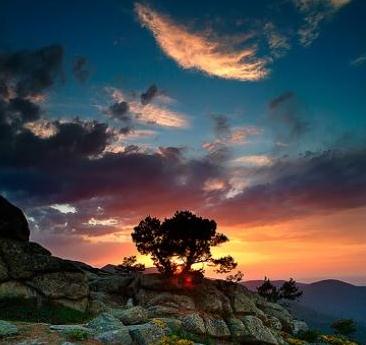 The Best Places To Retire Abroad in 2015
The Best Places To Retire Abroad in 2015. Ecuador? OK. I'm trying to keep an open mind; details at
Next Avenue; here's an excerpt: "
Whether your dream is to retire abroad one day or the idea just offers a vicarious thrill, you’ll likely want to hear the winners in International Living’s just-released “World’s Best Retirement Destinations for 2015.”
Mixing the latest data on everything from weather to retiree discounts
with reports from its network of far-flung correspondents, International
Living (a media company specializing in retirement abroad) ranked 25
countries for its annual Global Retirement Index. This year’s winner
Ecuador nudged out the 2014 champ, Panama..."
Look At How Cheap Gas Is Everywhere.
Huffington Post has the story; here's a clip: "...
Even where the map is light-orange and yellow, gas is cheaper than $2.50 per gallon. Here's a link
to the interactive version of GasBuddy's map, where you can search for
prices by ZIP code, city or state. The national average price of a
gallon of gasoline was $2.18 as of Tuesday morning, according to
GasBuddy. That's the lowest since 2009, when the economy was still
climbing out of the hole of the financial crisis and Great Recession..."
The Real Reason U.S. Gas Is So Cheap Is Americans Don't Pay The True Cost of Driving. CityLab has a story that made me do a double-take; here's the introduction to an article well worth your time: "
Amid all the celebration over America's plunging gas prices—down some 40 percent since June—it's easy to forget a very basic fact: in a global sense, U.S. fuel has been cheap for years. In late 2012, for instance, the United States ranked toward the bottom
of a world list of gas prices, wedged between the likes of Tunisia and
Chad on one side and Russia and Kazakhstan on the other. Most
first-world countries paid at least double what America did then, just as they do today...."
The True Price of American Energy Independence.
CleanTechnica
takes a look at the decoupling of America's GDP with oil prices in
recent years, for a wide variety of good reasons. Here's an excerpt:
"...
And economists at our Energy Department foresee 2015 gas
consumption at the same flat rate as 2014, down below 9 million gallons a
day (from a mid-2007 high of about 9.3 million)—and maybe even less.
Here’s how they explain the discrepancy:
- Vehicle fuel efficiency has increased by about 25%.
- Retirement of the baby boom generation has reduced miles driven.
- People in their 20s and 30s now prefer to live closer to city centers..."
Bloomberg reports on
How $50 Oil Changes Almost Everything.
Adventures in Mapmaking: Mapping a Fracking Boom in North Dakota. I've always enjoyed mapping, and now GIS, an appreciate the effort that went into the fracking map highlighted in a story at
Wired MapLab; here's the intro to the story: "
US oil production has been booming the past few years, due in large part to North Dakota’s Bakken formation, a rock layer tapped through fracking.
Each well travels down about two miles, then turns horizontally and
snakes through the rock formation for another two miles. There were
8,406 of these Bakken wells, as of North Dakota’s latest count. If you lined them all up—including their vertical and horizontal parts—they’d loop all the way around the Earth..."
Watch Bill Gates Drink Purified Poop Water. My new favorite headline, but the year is young, butterfly. Here's a link and excerpt from
Fast Company: "...
The
drinking water shown in the video was purified by the Omniprocessor, a
system developed by Janicki Bioenergy that converts sludge into drinking
water, electricity,
and ash. The system boils sludge, separating the solids from the water
vapor. The solids are fed into a hot fire, where they're converted into
steam, which is in turn sent to a steam engine that powers the generator
and creates excess electricity for the community. Meanwhile, the water vapor goes through a purification system to create clean drinking water..."
The Future of Driverless Transportation Is Delightfully Dull.
I wonder how these robotic vehicles would perform in rush hour on 494
in the snow and ice. Now that might be the acid test. Here's an excerpt
from a fascinating story at
Wired: "...
Audi,
like every major automaker experimenting with autonomous driving tech,
sees many hurdles—the technology, yes, but also regulatory issues,
insurance questions, and consumer acceptance—that must be cleared before
we have cars that drive themselves in all places at all times. So it is
nibbling away at the edges, planning to introduce autonomous features
one by one. It’s a slower timeline than Google’s “moonshot” approach,
but one that gives everyone time to accept the technology..."
Animation credit:
Josh Valcarcel/WIRED.
TODAY:
Snowy clipper, winds increase with some blowing/drifting. Coating - 1"
with icy roads midday and afternoon. Winds: NW 20-30. High: 15
THURSDAY NIGHT: Windy and colder again. Low: -8
FRIDAY: Fresh air - fresh discomfort. Feels like -30 early. Bright sun. High: 3
SATURDAY: Cold start. Clouds increase, winds ease. Wake-up: -11. High: 10
SUNDAY: Sunny intervals, not warm. Wake-up: -4. High: 9
MONDAY: Some sun, light winds. Wake-up: 1. High: 14
TUESDAY: Mix of clouds and sun, storm-free. Wake-up: 10. High: near 20
WEDNESDAY: Nice to be almost average again. Wake-up: 12. High: 22
Climate Stories...
Global Warming Changing Winter Cleanup, Says City of Montreal. More ice, less snow, a trend we're seeing more of during midwinter months over northern latitudes. Here's an excerpt from
CBC News:
"...Montreal crews have already spread their third round of salt and
abrasives, but it hasn't stopped hundreds of Montrealers from slipping
on icy sidewalks. “We are doing everything we can to address the
situation. We were told that there was 500 people that were rushed to
different hospitals across the city because of fractures. For me that's
500 more than the target which was zero,” said Chitilian..."
Bill Nye: 2015's Biggest Health Issue Is Climate Change.
Weather.com
has the story - here's an excerpt: "...Of course, climate change might
be linked to some severe weather patterns, such as storms, cold snaps
and heat waves, all acute dangers to health and livelihood. If you have
noticed your allergies
always seem to be getting worse, that's likely because of longer pollen growing seasons, a side effect to a warmer planet, allergist believe. Then there's
the spread of disease,
such as the chikungunya virus, a mosquito-borne illness once only found
in Africa and Asia that hit the Americas in late 2013 and was first
locally acquired in the United States in 2014. Warmer seasons spread the
habitat of disease-carrying mosquitos and other insects, such as the
ticks that carry Lyme disease..." (Image: NASA).
Oceanographers
have just identified the US coastal regions likely to experience 30
days or more of “nuisance” flooding every year.
And the answer is that
most of the American coast will experience high waters that are 30-60 cms above local high tides, at least 30 times a year.
Nuisance
flooding means just that − somewhere between an inconvenience and
modest damage. But climate change, and its attendant sea-level rise,
will make them much more frequent, and possibly more damaging.
- See more at: http://www.rtcc.org/2015/01/06/us-coastal-cities-face-daily-flooding-by-mid-century-noaa/#sthash.qxqpMsQv.dpuf
Heat And Wildfires in Australia. Climate Nexus has a good summary of the trends Down Under; here's an excerpt: "
As firefighters work to contain the worst bushfire in southern Australia for thirty years, Australia’s Bureau of Meteorology (BoM) released its 2014 annual climate statement,
which, like the destructive fires, signals that climate change is
already a reality in Australia. While heat waves and bushfires are
common during Australia’s hot summer months, climate change is worsening
the underlying conditions that fuel the most extreme heat and wildfire
events. Important top lines to note include:
- Climate change is causing higher temperatures and drier conditions in Australia.
- Climate change is leading to more destructive extreme heat events and bushfires..."
Australia Is Burning, And Climate Change Is Making It Worse.
Bloomberg Businessweek has the story.
Scientists Say Massive Wildfires Raging Across Australia Are A Symptom of Climate Change.
VICE News
has more perspective on the fires in Australia; here's a snippet:
"Wildfires in South Australia ripped across 20,000 hectares of land,
destroying several homes on Sunday. After yet another summer of
catastrophic burning, Australians are debating whether the fires are the
result of climate change, and whether enough is being done to stop
them. The blazes had destroyed
at least 26 homes as of Monday afternoon, but the full extent of damage may not be known for several more days..."
Perth Heat Melts The Internet.
I knew it would come to this - that's when people will rise in revolt,
when they can't access their favorite cat videos. The heat in Australia
is building; here's another consequence courtesy of
WAtoday: "
Extreme
hot weather in Perth sent the internet into meltdown on Monday night.
Thousands of iiNet customers across Australia found themselves offline
for about six-and-a-half hours after the company shut down some of its
systems at its Perth data centre at about 4.30pm AEDST because of high
temperatures, topping 44.4C. "Due to record breaking temperatures, iiNet
Toolbox, Email and our corporate websites are unavailable. Apologies
for any inconvenience caused," iiNet tweeted..."
Study Shows How Much Coal, Oil and Gas Must Stay Untouched To Solve Global Warming.
Mashable has the article and crunches the numbers; here's an excerpt: "...
The
study means that the way that energy companies currently do business,
which includes making spending hundreds of millions per year to find new
oil, gas and coal reserves, is incompatible with solving global
warming. This conclusion, if it is correct, could affect any investor who holds stock in energy companies,
from major players like ExxonMobil and Shell to smaller companies that
are involved in the natural gas "fracking" boom in the U.S. This
includes millions of people who hold mutual fund and index fund
investments..."
* The paper referenced at Mashable is
here. An excerpt of the abstract: "
It
has been estimated that to have at least a 50 per cent chance of
keeping warming below 2 °C throughout the twenty-first century, the
cumulative carbon emissions between 2011 and 2050 need to be limited to
around 1,100 gigatonnes of carbon dioxide (Gt CO2).
However, the greenhouse gas emissions contained in present estimates of
global fossil fuel reserves are around three times higher than this and
so the unabated use of all current fossil fuel reserves is incompatible
with a warming limit of 2 °C..."
Stephen Harper: Oil's Worst Enemy. Maclean's has an interesting story - here's a clip: "...
Unfortunately
for Canada, the oil sands’ poor image isn’t just a question of bad PR.
It’s threatening the future of Canada’s economy. Anti-oil sands
sentiment has made it nearly impossible to build the necessary pipeline
connections producers need to get all that oil to market. TransCanada
Corp.’s crossborder Keystone XL pipeline is in danger of being axed by U.S. President Barack Obama. The industry’s backup plan, Enbridge Inc.’s Northern Gateway pipeline to shipping terminals on the B.C. coast, has become bogged down in political and environmental controversy..."
2014 May Set A New Temperature Record. So Can We Please Stop Claiming Global Warming Has "Stopped"? Chris
Mooney takes a look at data from JMA, the Japan Meteorological Agency,
as well as the trends in recent years. The "temperature pause" is a
political talking point, an ideological artifact, one not necessarily
grounded in data and facts. Here's a clip from
The Washington Post: "...
Based
on this data, 2014 was the hottest year on record for the globe.
That surpasses the year 1998 (now in 2nd place in the JMA dataset) and
2013 and 2010 (now tied for 3rd). You'll also note, incidentally, that
while the dataset is noisy, the upward trend is quite clear, and the
decade of the 2000s is plainly warmer than the decade of the 1990s. So
much for any "pause" in global warming. Japan's is the first major
meteorological outlet to pronounce on how 2014 ranks for temperatures..." (Image: Japan Meteorological Agency).
Big Threat For Obama's Climate Efforts From GOP-Run Congress. Here's a link to the story at AP and
ABC News: "
President
Barack Obama's determined efforts to combat global warming face their
biggest trial yet as Republicans take full control of Congress this
week. The GOP vows to move fast and forcefully to roll back his
environmental rules and force his hand on energy development. The GOP's
first order of business: the Keystone XL pipeline. The Republican-led
House has repeatedly passed legislation to approve the pipeline, which
would carry tar sands oil from Canada
deep into the United States. The bills died in the Senate when
Democrats were in control, but that will change Wednesday when a
Republican-led Senate committee holds a Keystone hearing..."
Oil's Swoon Creates The Opening For A Carbon Tax.
Implement a revenue-neutral tax on carbon pollution, one that doesn't
grow the federal government, and put a definable signal into the markets
that will accelerate innovation; new cleaner ways to generate
electricity and power the economy. Here's an excerpt of an Op-Ed from
former Treasury Secretary Larry Summers at
The Washington Post: "
The
case for carbon taxes has long been compelling. With the recent steep
fall in oil prices and associated declines in other energy prices, it
has become overwhelming. There is room for debate about the size of the
tax and about how the proceeds should be deployed. But there should be
no doubt that, given the current zero tax rate on carbon, increased
taxation would be desirable..." (File photo: AP).
Reverence For Life Underlies Catholic Case for Environment. Here's a clip from a story at
The National Catholic Reporter: "...
With
the growing awareness of the enormous adverse effect that human
behavior is having on the health of the planet, however, environmental
concerns are moving from the periphery to the center. Climate change has
raised environmental activism from the category of "nice" things to do
to that of "must do" for the sake of life itself. Maturing along with
the issue is the Christian understanding of creation and humans' place
in the universe. In the new thinking, a revised and refined anthropology
replaces a utilitarian view of earth's resources with one of complex
connections and interdependence among species and with the earth itself..."
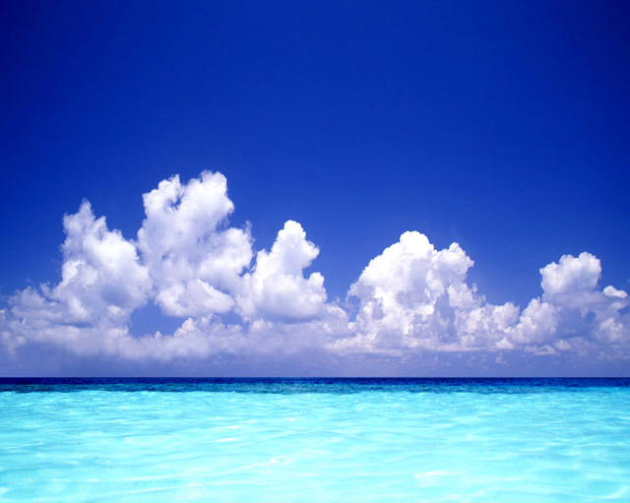
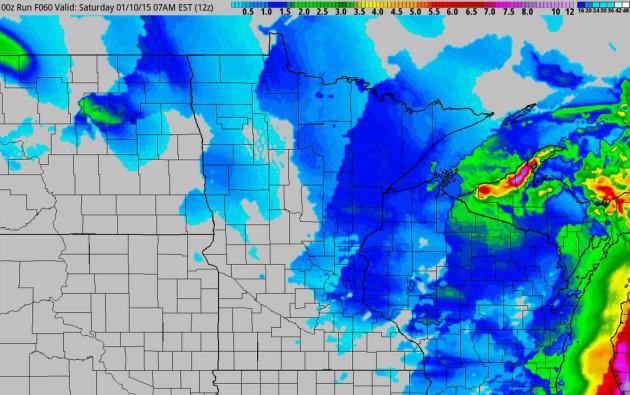
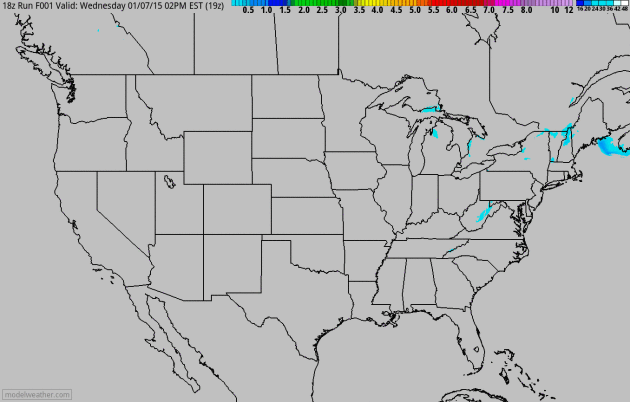
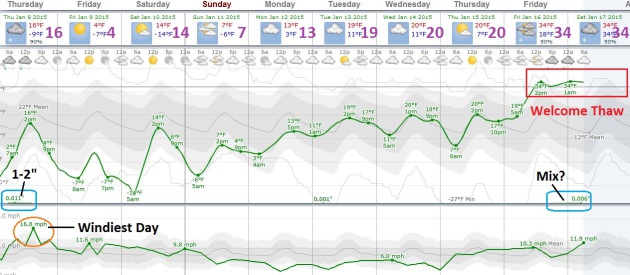
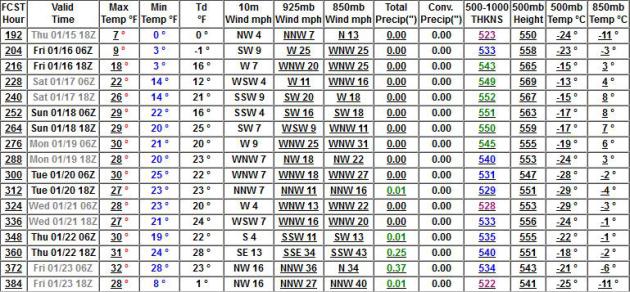
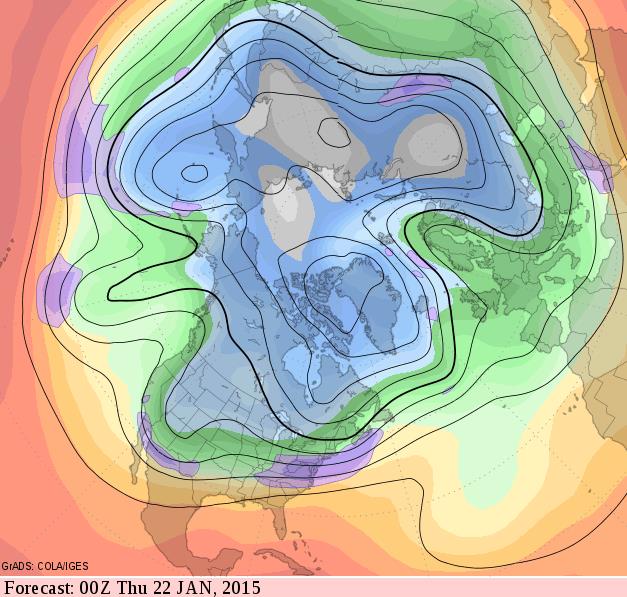
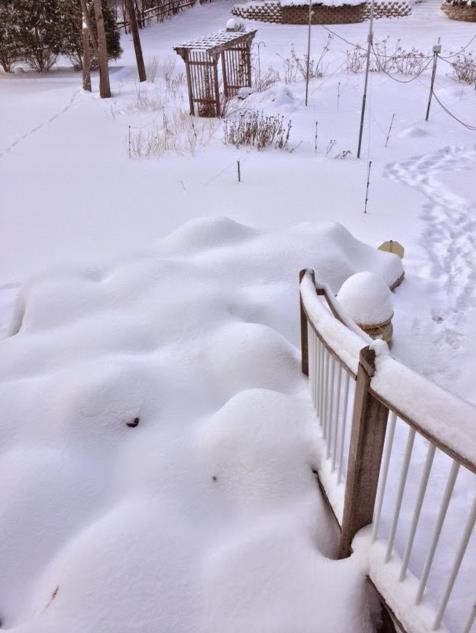
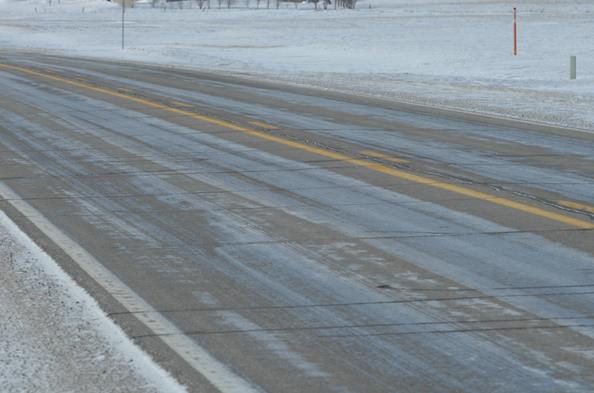
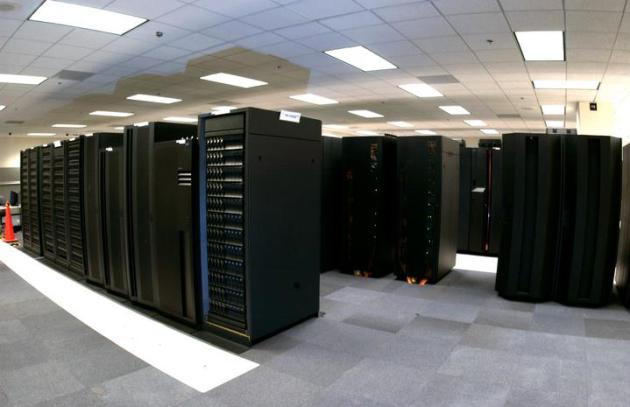
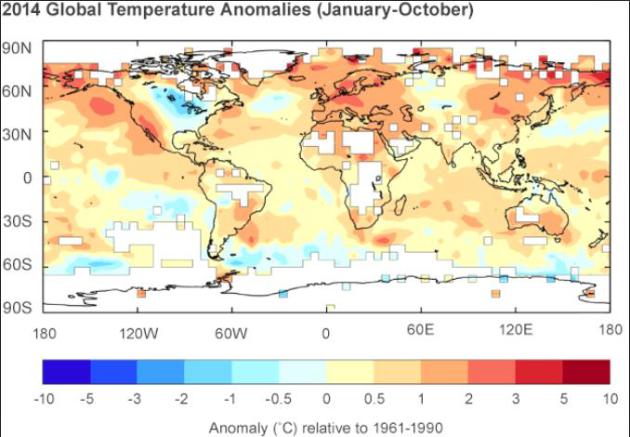

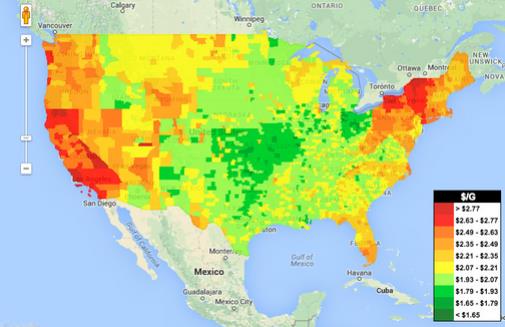
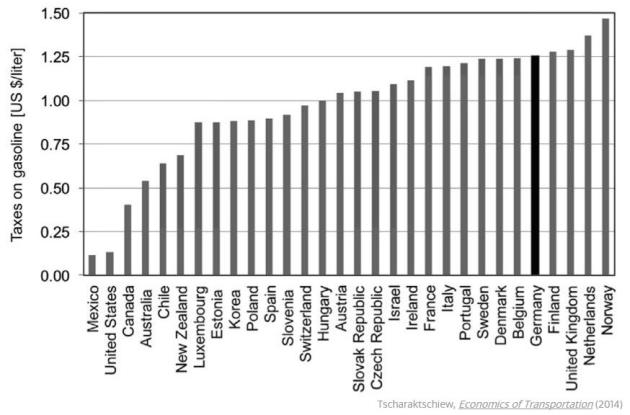
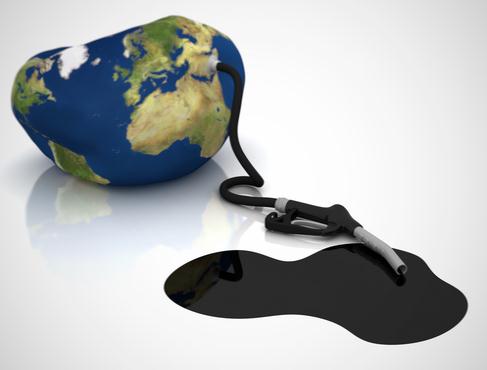
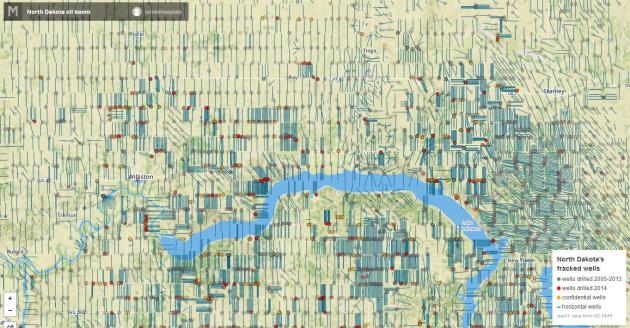
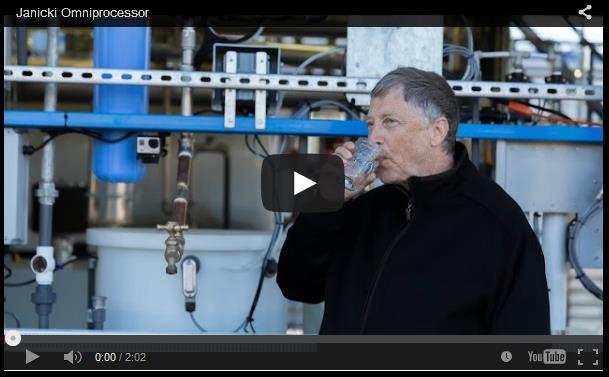

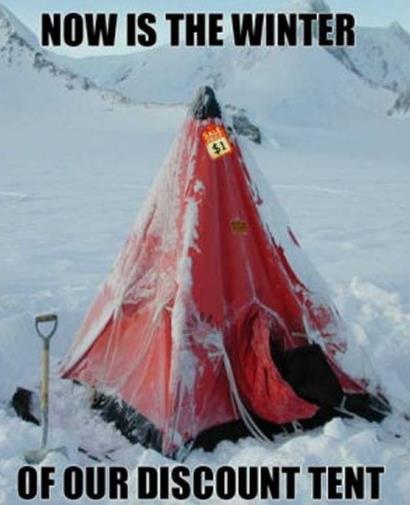
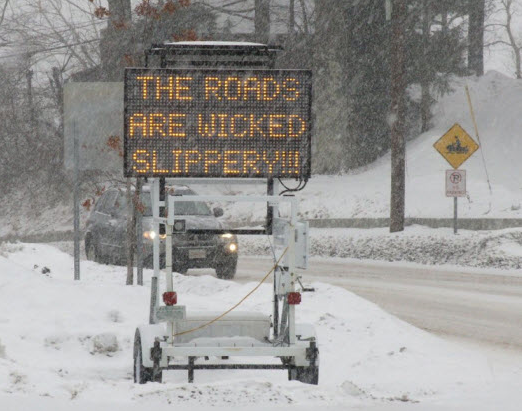

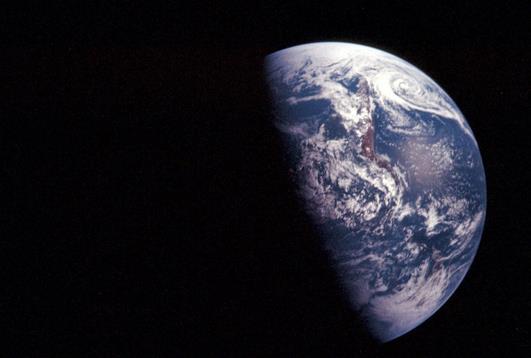

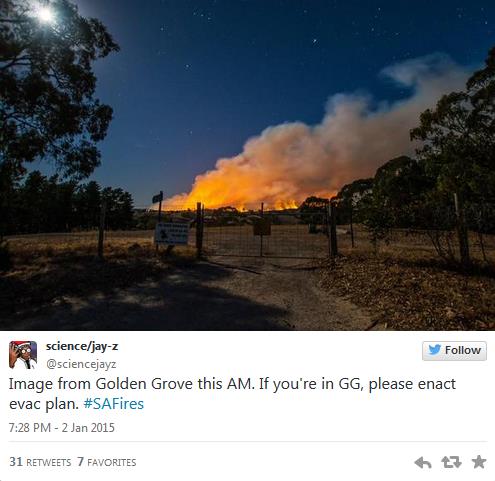
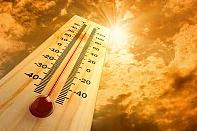
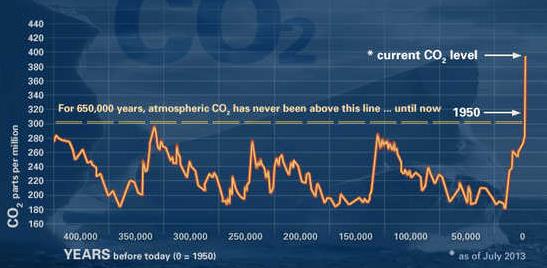

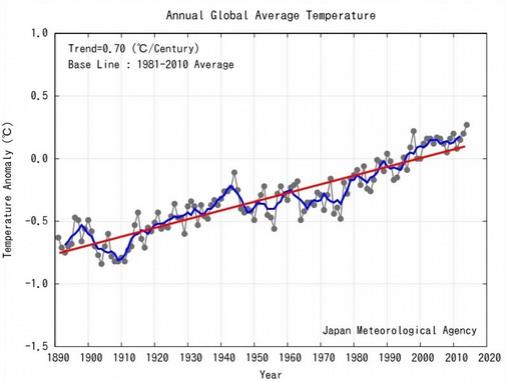
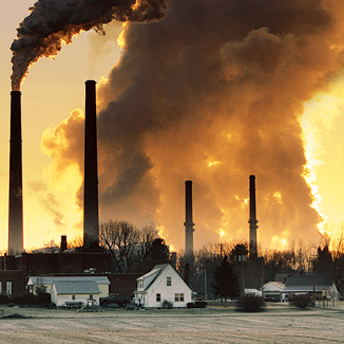
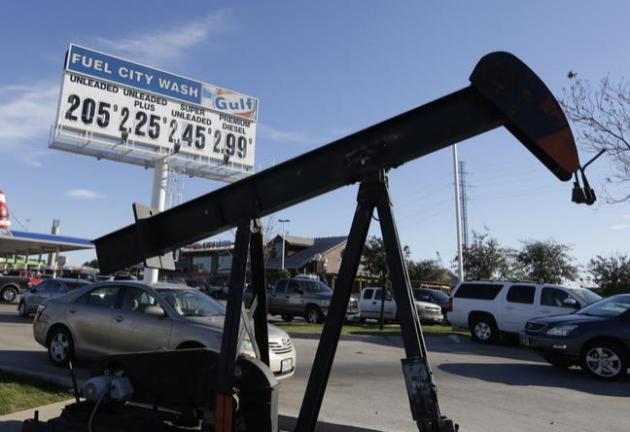
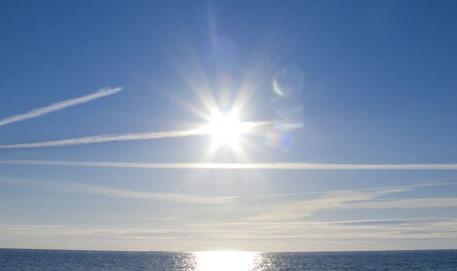
No comments:
Post a Comment